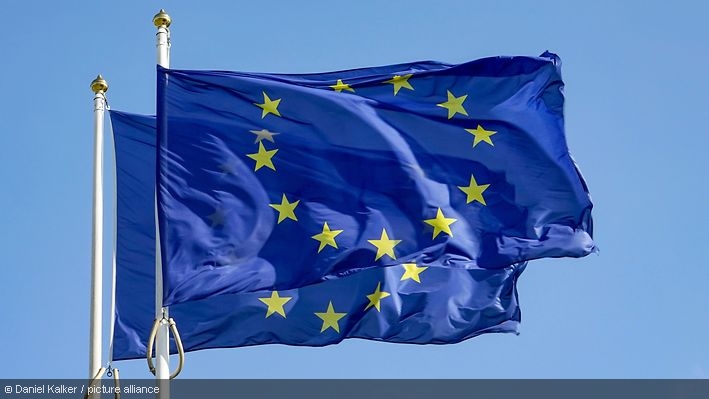Recent Covid-19 related publications
We have continued to support our DFI clients in responding to the pandemic and have drafted various advisory notes and guidance including:
Advice on protecting migrant workers in the context of Covid-19 – this report provides guidance to EBRD and IFC clients on how to respond to the particular challenges experienced by migrant workers during the COVID-19 outbreak and also sets out examples of good practice that go beyond compliance in response to the jobs-related impacts of the COVID-19 outbreak on migrant workers.
Returning to the workplace during COVID-19 – this note offers assistance to employers on how to anticipate and manage labour-related issues where operations are resuming – in part or in full – after lockdowns, particularly where a return to pre-COVID-19 work locations is involved. Includes sector-specific challenges in manufacturing; infrastructure construction and real estate; financial services; retail/business to consumer (B2C) services; agribusiness; and healthcare. You can read Macduy Ngo’s summary of the report here.

Other recent publications for clients
Mapping gender risks and opportunities for investors in Africa and South Asia – an analytical briefing that aims to highlight the most important risks to women and girls and provide a practical tool to help specialists prioritise risk issues during due diligence, with a focus South Asia, Sub-Saharan Africa and North Africa, and financial services, infrastructure, manufacturing, food and agriculture, construction and real estate, healthcare and education.
The Business Case for Employer-Supported Childcare in Vietnam – an in-depth research report that includes detailed case studies on six large manufacturing employers in Vietnam, and documents the significant business and social returns from an investment in childcare support, including reduced absenteeism and turnover and enhanced relationships with customers and local government. Read Kate Jelly’s blog on the report here.
Guide to human rights risk assessment in supply chains – practical advisory note covering the practical steps to take – starting with mapping supply chains, identifying risks within countries, sectors and at site level, and finally determining the significance of those risks in order to focus resources on the most important. Stuart Bell’s blog summarising the key points is available here.

Selected current projects
Remote due diligence and virtual appraisals
Covid-related travel restrictions are posing challenges for conventional ways of conducting site audits and other forms of enterprise-level assessments. While Ergon does not conduct traditional social audits, we do undertake specialised labour assessments and due diligence. These have moved on-line and we are supporting our DFI clients on a range of virtual appraisals. While there are certainly some limitations, we are finding new ways of engaging with clients, identifying risk issues and are learning all the time. Steve Gibbons can be contacted for more information.
Inclusive skills for innovative enterprise development in the aftermath of COVID-19 in the Agribusiness sector
We have recently begun work on a multi-country research project for the European Training Foundation (ETF). We will be producing several country case studies, initially focusing on Georgia, Uzbekistan, Turkey and Morocco focused on innovative agribusiness companies and their inclusive skills development practices, which target traditionally underprivileged groups, such as women and youth. The study is part of the ETF’s broader “Skills for Enterprise Development” initiative which seeks to address skills challenges in EU neighbourhood and Central Asian region. The programme is conducted in partnership with the European Bank for Reconstruction and Development (EBRD). Contact Catherine Morgans for more details.
The Bahamas: decent work diagnostic report
Working alongside the ILO’s Office for the Caribbean (ROC) and The Bahamas National Tripartite Council (NTC), we have recently completed a Diagnostic Report in support of the development of a next generation Decent Work Country Programme (DWCP) for The Bahamas. The Report aims to provide a comprehensive assessment of the economic, employment, and decent work situation in The Bahamas and is intended to feed into the subsequent development of the DWCP and other development planning frameworks. Ergon consulted closely with ILO specialists and a wide range of national stakeholders in its preparation. Contact Kirsten Newitt for more information.
Leadership Group for Responsible Recruitment: member reporting
We are supporting the Leadership Group for Responsible Recruitment (LGRR) convened by the Institute for Human Rights and Business (IHRB) in compiling information from its members on their work in promoting responsible recruitment in their supply chains. We have helped the LGRR develop a framework of reporting criteria and will be gathering member responses later in the year to identify good practices and common activities. This work is being led by Sam Kelly and Marcella Klinker.
FIFA – human rights issues in host cities
We have recently worked with FIFA to develop a series of human rights issues papers for each of the cities bidding to host games at the FIFA World Cup 2026TM. The aim of the papers was to promote city bid teams’ engagement with stakeholders on key human rights issues, as this is a key expectation of the human rights component within FIFA’s host city selection process. Contact Matt Waller for more information.
Ongoing human rights risk assessments
We continue to see strong demand for operational and supply chain risk assessments and are working on various studies in the supermarket, telecoms and international banking sectors. We have recently completed a regionally-focused human rights and sustainability risk assessment for an online food retailer and also a series of raw material assessments for an international luxury goods house. Contact Brett Dodge for more details.

|

